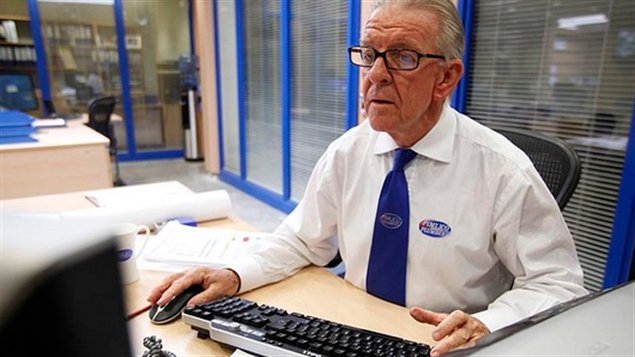A new study of so-called “green” jobs, or environmentally friendly jobs, has found that such a classification is little more than fantasy.
The study and report comes from the School of Public Policy at the University of Calgary, in the western province of Alberta.
Michal Moore, is a professor of energy economics at the university and co-author of the study called “The “Green Jobs” Fantasy: Why the Economic and Environmental Reality Can Never Live Up to the Political Promise”
Listen
The School of Public Policy at the university does research as well as teaching prgrammes on public policy issues, usually concerning Canada, but increasingly on issues throughout North America.
With the term “green job” being used to categorize certain positions as being environmentally friendly while yielding economic benefit, the school decided to investigate the meaning, or interpretation of these so-called green jobs.
Indeed the report begins by stating that agriculture is one of the least ”green” industries based on energy use and greenhouse gas emmissions, and yet the greenest sector based on one measurement of “green employment”.
The report says the terminology is too vague and requirements for such a labeling are extremely ill-defined and variable to the point of being useless, or on the other hand, used to mislead whether to confuse consumers or perhaps in order to achieve some financial benefit from government environmental subsidies.
The study notes that for example, an accountant preparing financial returns is counted as a “green” worker at one industry, but turns instantly “dirty” should he of she cross the street to do the same accounting work in another industry”
In fact Professor Moore goes further saying many so-called “green” products are not properly analyzed for their lifetime environmental costs. Solar panels are almost universally seen as being a green alternative in producing energy, but perhaps do not achieve a net benefit when one considers the energy and rare products involved in making them, and later disposing of them properly when their service life ends.
The report concludes that government focus on creating “green employment” should instead focus on greenhouse gas emmisions and intensity. This wouldwould allow a more uniform comparison among industries and a more accurate assessment and measurement of an industry’s environmental footprint and improvement







For reasons beyond our control, and for an undetermined period of time, our comment section is now closed. However, our social networks remain open to your contributions.